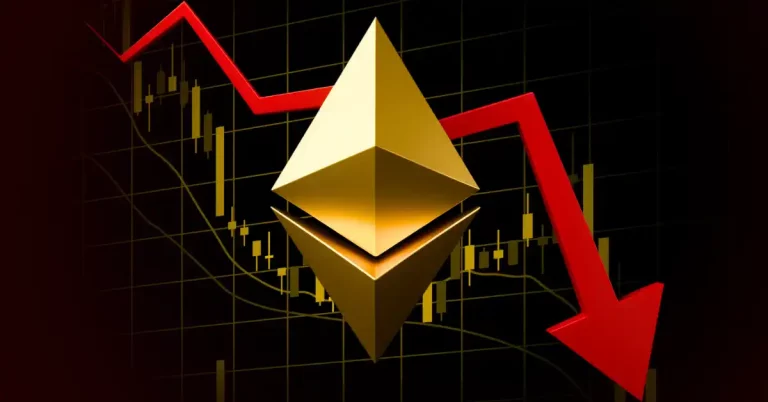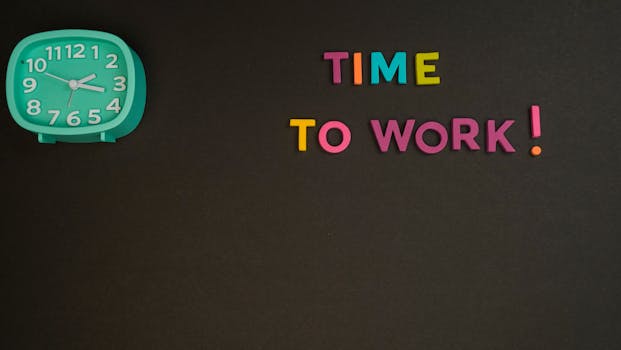
Time Management Strategies for Personal Efficiency
Focus Keyword: Time Management
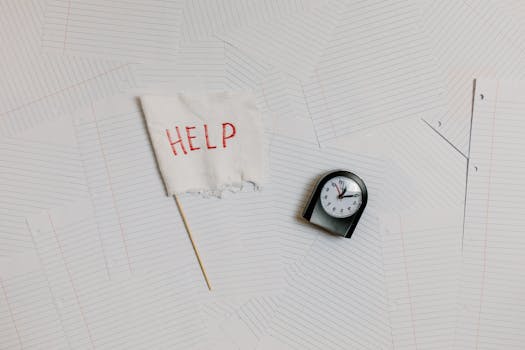
Time management is the process of planning and controlling the amount of time spent on different activities to maximize efficiency and productivity. Effective time management is crucial for personal efficiency, as it enables individuals to prioritize tasks, set goals, and avoid distractions. In this article, we will discuss various time management strategies that can help individuals achieve personal efficiency.
Understanding the Importance of Time Management
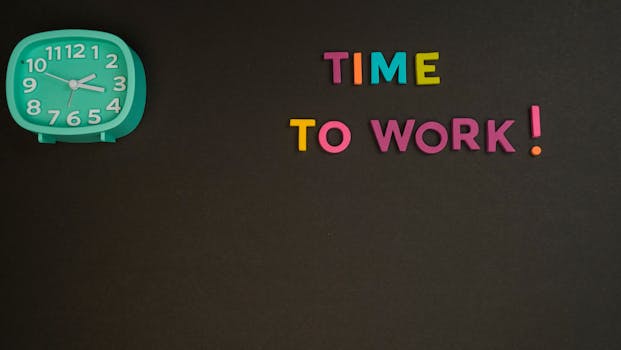
Time management is essential for personal efficiency, as it allows individuals to make the most of their time and achieve their goals. Poor time management can lead to procrastination, stress, and decreased productivity. On the other hand, effective time management can help individuals prioritize tasks, manage their time wisely, and achieve a better work-life balance.
Setting Goals and Priorities

Setting goals and priorities is a crucial step in effective time management. Individuals should set specific, measurable, achievable, relevant, and time-bound (SMART) goals that align with their values and priorities. They should also prioritize tasks based on their importance and urgency, using tools such as the Eisenhower Matrix. This matrix categorizes tasks into four quadrants: urgent and important, important but not urgent, urgent but not important, and not urgent or important.
Time Management Techniques

There are several time management techniques that individuals can use to boost their productivity and efficiency. Some popular techniques include:
- Pomodoro Technique: This technique involves working in focused 25-minute increments, followed by a five-minute break. After four cycles, individuals can take a longer break of 15-30 minutes.
- Time Blocking: This technique involves scheduling tasks into fixed time slots, allowing individuals to prioritize tasks and avoid multitasking.
- Getting Things Done (GTD): This technique involves breaking down tasks into smaller, actionable steps, and organizing them into categories such as projects, tasks, and contexts.
Avoiding Distractions and Procrastination
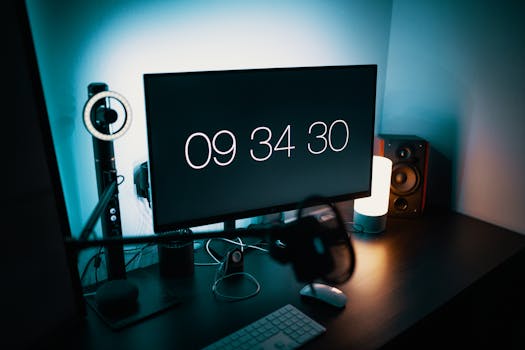
Avoiding distractions and procrastination is crucial for effective time management. Individuals can minimize distractions by:
- Turning off notifications: Individuals can turn off notifications on their phones, computers, and other devices to avoid distractions.
- Creating a conducive work environment: Individuals can create a conducive work environment by eliminating clutter, noise, and other distractions.
- Using productivity tools: Individuals can use productivity tools such as website blockers, productivity apps, and project management software to stay focused and on track.
Conclusion

In conclusion, effective time management is crucial for personal efficiency and productivity. By setting goals and priorities, using time management techniques, and avoiding distractions and procrastination, individuals can achieve success and make the most of their time. Remember, time management is a skill that takes practice, so start implementing these strategies today and watch your productivity soar!


